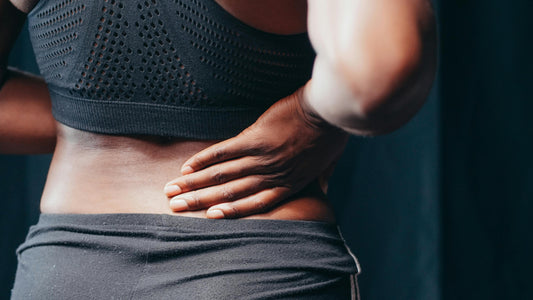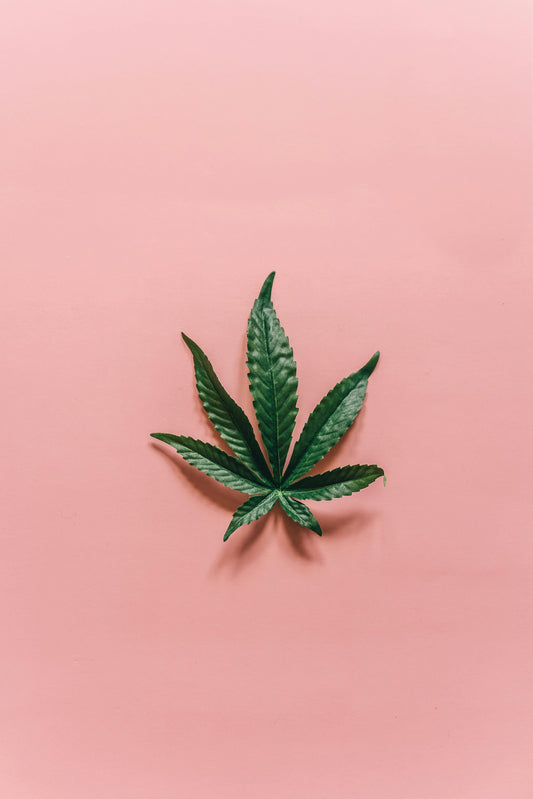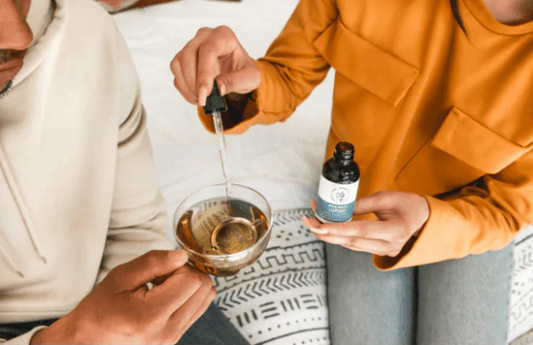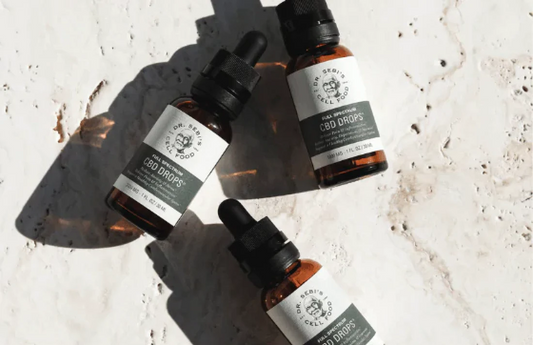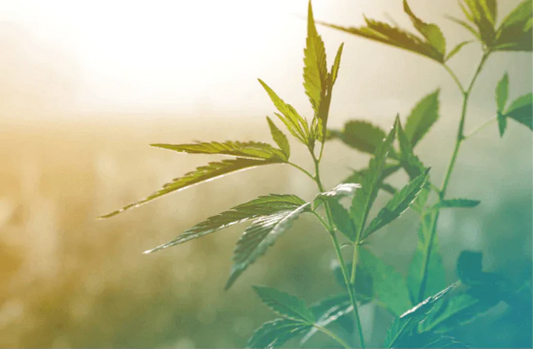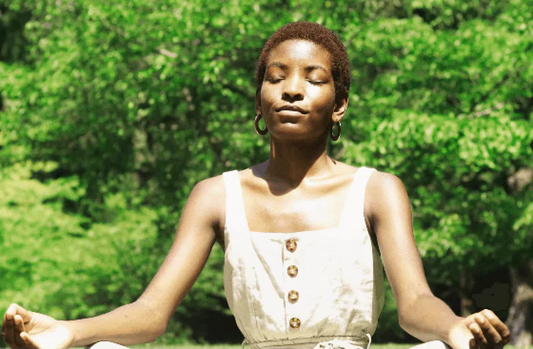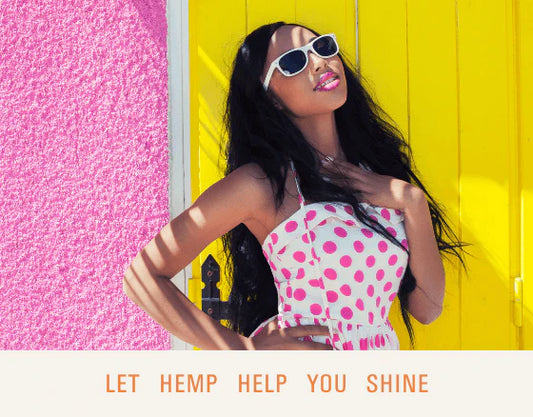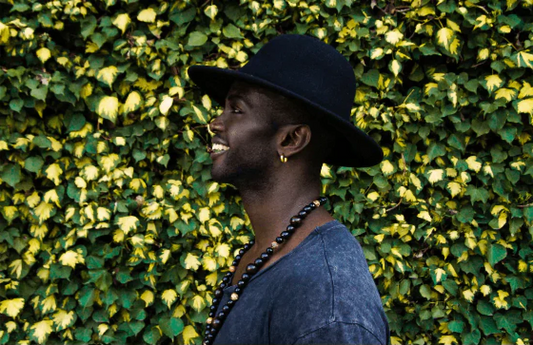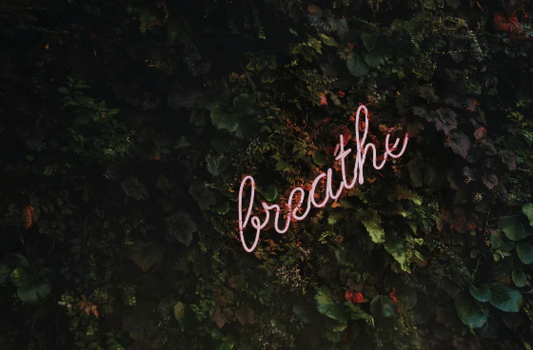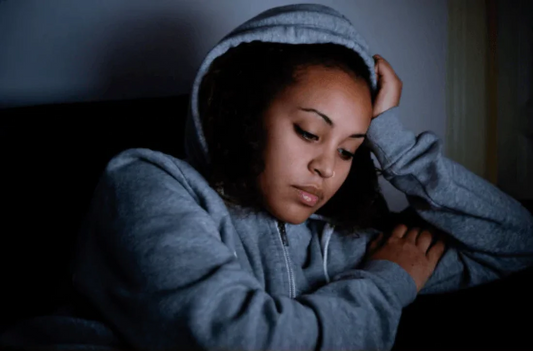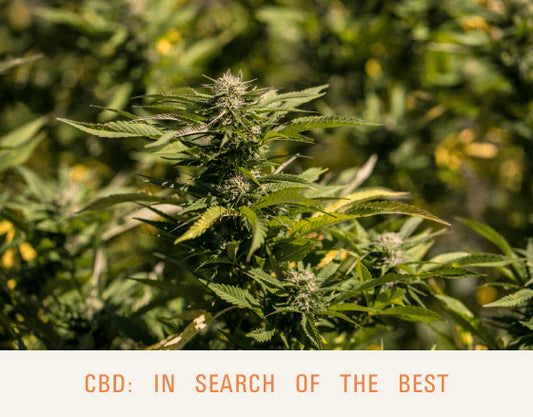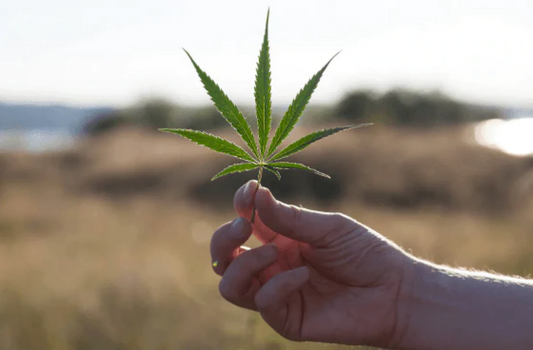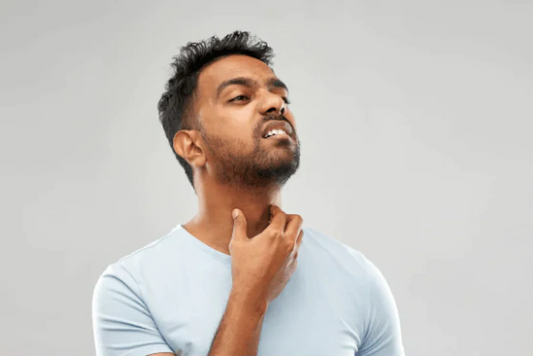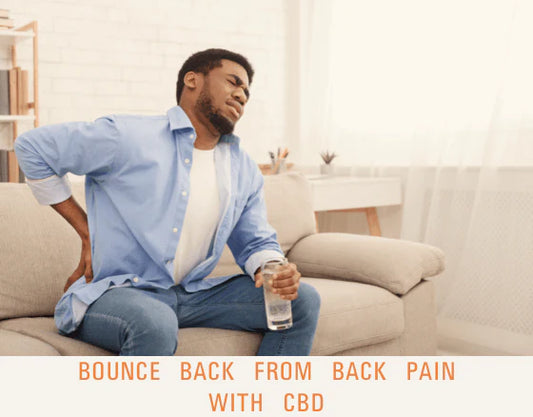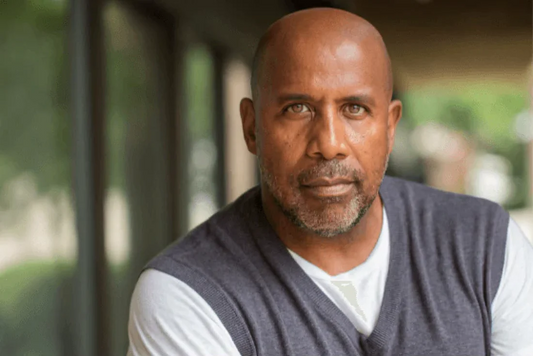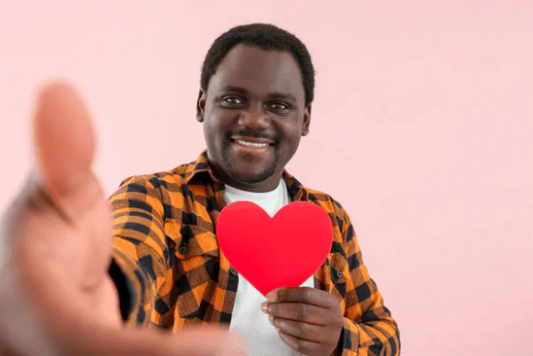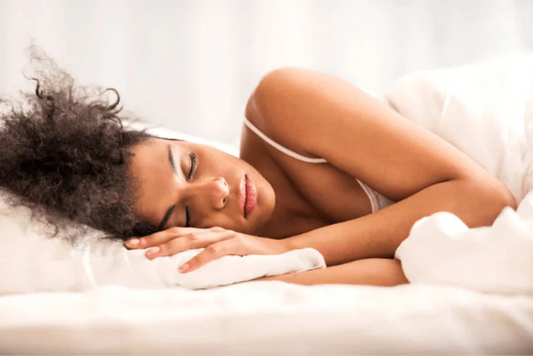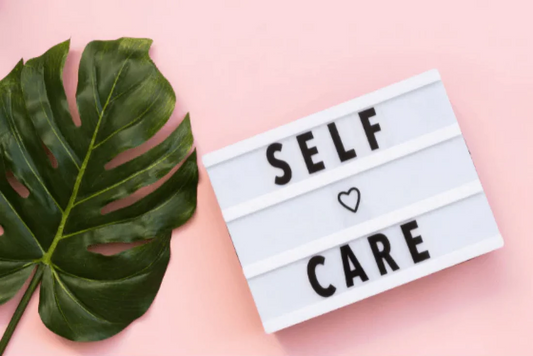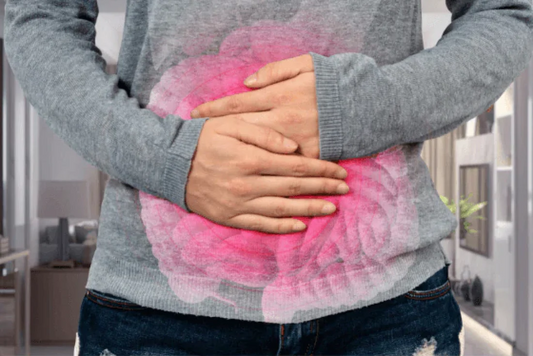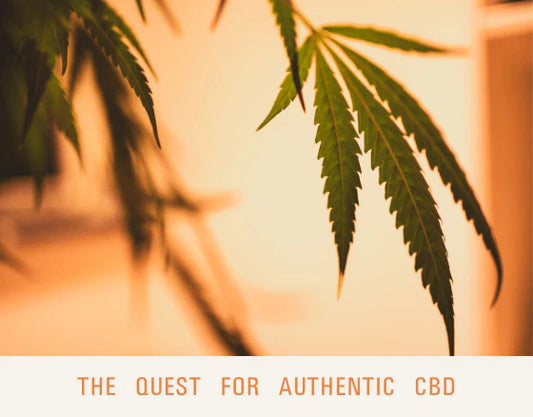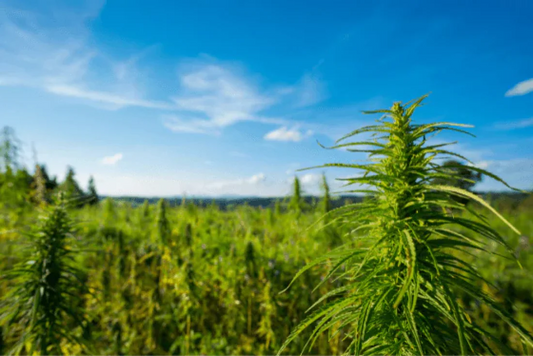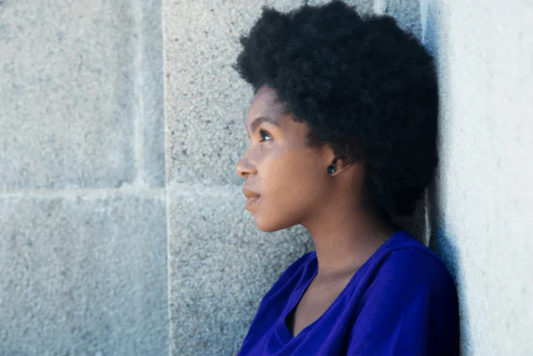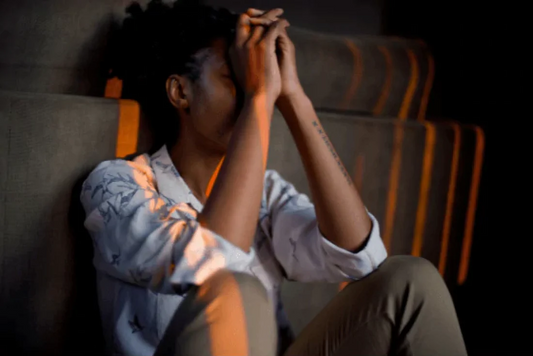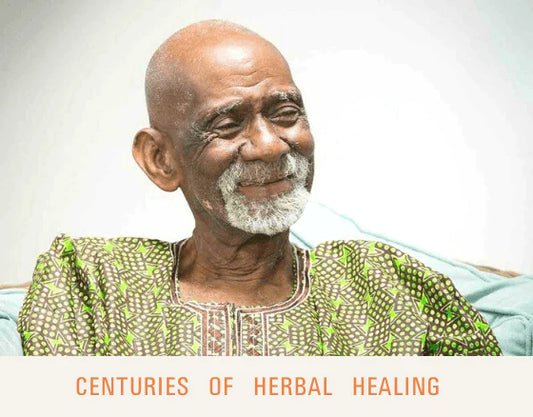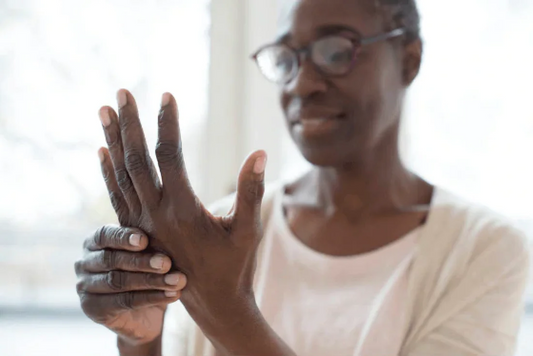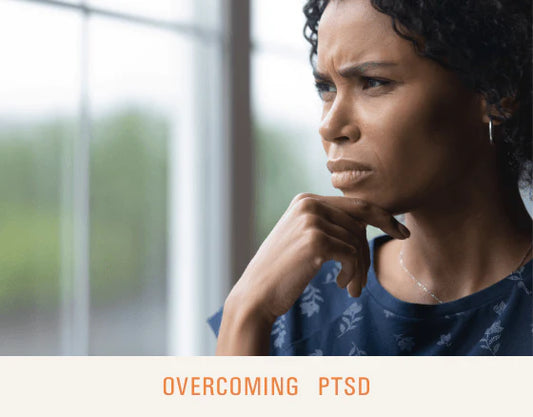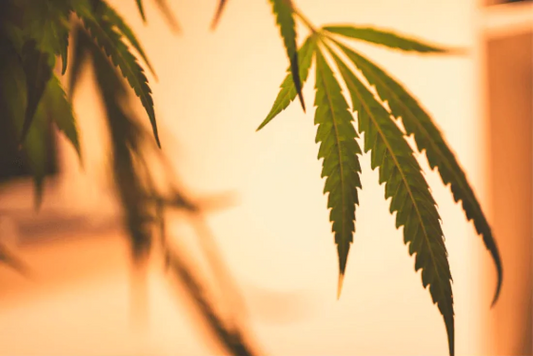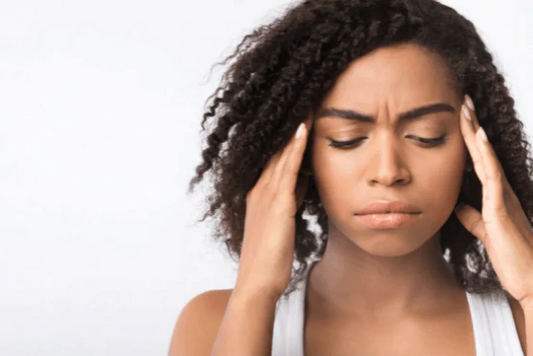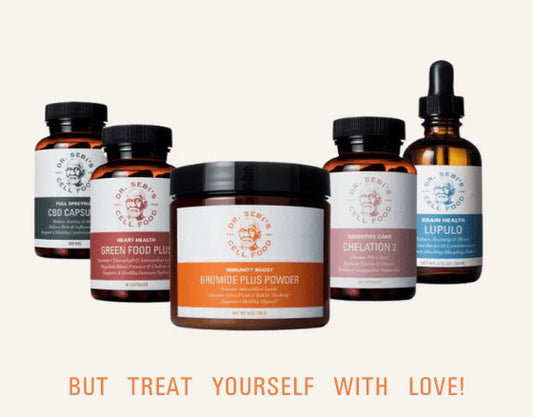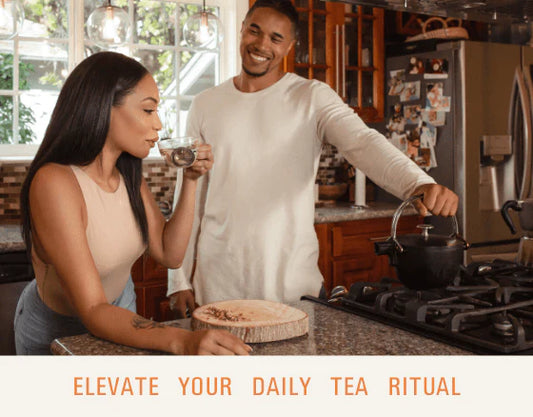Over 90,000 people die from alcohol abuse in the US every year. Despite knowing alcohol causes serious harm, it’s still America's most-consumed addictive substance.
Understand what alcohol does to your body and mind, and learn how to give up this addictive poison.
“You become dependent because alcohol is a stimulant.” – Dr. Sebi.
Dr. Sebi's Full Spectrum Hemp-CBD helps inhibit addictive cravings and reduces stress, making it easier to say no to alcohol.
What is Alcoholism?
Alcoholism is when a person can’t control how much they drink. Alcoholics feel they can’t function without booze. They will continue to drink, even though it damages their physical and mental health, relationships, and their ability to function normally.
People that grow up with an alcoholic parent or sibling are 4 times more likely to become alcoholics. The depressant and sedative effects of alcohol create an enjoyable detachment from the stresses of life, but this is overshadowed by the immense damage it does.
Alcohol contains a lot of sugar, which makes it artificially energizing. Alcohol temporarily stimulates the body with a quick buzz of fake-energy that quickly dips down again. When we lack sufficient nutrition (from real food), or our hormones are out of balance (due to toxins), we seek instant energy-gratification to make us feel better.
“The sugar in alcohol is going to stimulate you up.” – Dr. Sebi.
Why Do People Drink?
People say they drink alcohol for many reasons:
- For enjoyment
- Stress relief
- To lose inhibitions
- To suppress traumas
- Because of previous pleasurable experiences
- Because everyone else is doing it….
But, by the time a person has become dependent on alcohol, these reasons become excuses for addictive behavior. Alcohol depletes the body of vital energy, minerals, and critical resources, so the problem continually gets worse.
“When you are an alcoholic… it’s because your body is depleted of energy.” – Dr . Sebi.
Your Body on Alcohol
Alcohol is a toxin that stays in your system for weeks after drinking it, and affects each part of the body in different ways:
Your Liver is the first organ to get damaged by drinking. It processes an ounce of alcohol every hour; this equates to one unit (a glass of wine or pint of beer). If you drink more than one beer an hour, your liver’s job gets more difficult; when it can’t process alcohol quickly enough you get alcohol poisoning. An alcoholic's liver will be inflamed and heading towards disease.
Your Brain is impaired by alcohol. Alcohol blocks your neurons (the cells responsible for transmitting electrical signals around the brain). This is experienced as intoxication - slower reflexes, impulsive behavior, and a lack of awareness. Alcohol is neurotoxic: it kills brain cells, and makes your brain shrink!
Your Blood circulates alcohol around the body until your liver is ready to process it. The blood carries alcohol to your brain. Alcohol damages blood vessels leading to inflammation and high blood pressure.
Your Heart has an increased risk of arrhythmias (irregular heart beat), stroke, and high blood pressure when you drink a lot of alcohol. Alcohol increases the risk of heart disease.
Your Pancreas produces toxic substances to protect itself from the alcohol - these substances cause inflammation that can develop into pancreatitis, impair metabolic hormones and damage your body’s ability to digest food.
Your Immune System is directly suppressed for up to 24 hours, sometimes after just one drink. Alcohol inhibits the production of white blood cells, preventing your body from protecting you from disease.
Your Mind is unable to think clearly, speak, learn, focus, remember, exercise impulse control or spatial awareness. Alcoholics can develop alcohol-related dementia (which accounts for 10% of all dementia sufferers!).
The Impact of Alcohol
Alcoholics often experience long-term health problems, including:
- Alcohol poisoning
- Being prone to accidents, injuries, falls, etc.
- Bone density loss
- Cancer
- Depression and fatigue
- Diabetes
- Emotional issues
- Impaired vision
- Impotence
- Isolation from friends and family
- Learning problems
- Miscarriage or stillbirth
- Risky sexual behavior
- Ulcers
- Violence, from domestic abuse to a hit and run
Signs a Person Might be an Alcoholic
If you know someone that exhibits several of the following behaviors, they might be an alcoholic and in need of support:
- They can’t control how much they drink.
- They have a high tolerance for alcohol.
- They don't get hangovers.
- They drink early in the day or in inappropriate places.
- They only want to be at places that have alcohol.
- They mostly spend time with other drinkers.
- Drinking gets in the way of their everyday life and personal responsibilities.
- They feel the need to, and often justify why they must, keep drinking.
- They really feel that they need a drink whenever they're not drinking.
- They spend a significant amount of their money on alcohol.
How Much is Too Much?
Moderate drinking is defined as:
- 1 drink or less a day for women.
- 2 drinks or less a day for men.
Binge drinking is defined as:
- 4 drinks or more a day for women.
- 5 drinks or more a day for men.
Heavy drinking is defined as:
- 8 or more drinks a week for women.
- 15 or more drinks a week for women.
Which category do you fall into?
Which category would you like to be in?
Dr. Sebi advised complete abstinence from alcohol because:
- It does so much damage.
- Prevents you from making good decisions.
- Is exceptionally addictive (due to the sugar content).
- It contains yeast (which hosts disease in the body).
The Benefits of Quitting Alcohol
There are many beneficial reasons to ditch the booze, here are just a few:
- More Brain Power - alcohol impairs the prefrontal cortex (brain region responsible for critical thinking and long-term planning). Effects are reversed when you stop drinking and your brain is energized nutritionally.
- Better Mental Health - reducing alcohol intake is known to reduce anxiety and depression. The toxins in commercial beverages are also mentally ‘aggravating’ - you’ll feel happier without poison in your body.
- Nutrition - alcohol suppresses your digestive system’s ability to absorb nutrients; when you stop drinking, your body starts taking in more nourishment from food and you are able to make better food choices.
- Skin - alcohol destroys capillaries in your face and nose, causes inflammation and reduces your collagen. Giving up alcohol increases your skin’s elasticity, and reduces redness and dark patches around the eyes.
- Sleep - alcohol is known to mess up the circadian rhythm, so giving it up creates a more harmonious sleep-wake cycle. It might make you pass out quickly, but alcohol reduces sleep quality - ‘real’ sleep is more nourishing.
- Weight - alcohol is acidic, full of sugar (glucose), and contains no nutritional value whatsoever, so you can expect to lose weight when you give it up. Loose toxins and fat when you ditch the drink!
“Glucose is the underlying enemy.” - Dr. Sebi.
11 Tips To Stop Drinking Alcohol
1. Find Your Reason to Quit - this is the “why” that will keep you on track.
2. Set A Concrete Goal - whether it’s quitting booze for a week or a month, or just reducing your consumption, having a concrete goal will keep you focused.
3. Make A Plan - translate your goal into a definite plan, eg. an exact date and time for when you’ll stop drinking. Write it down and put it somewhere you’ll look at often.
4. Only Tell People You Trust - and people that you know will be supportive. You don’t need unnecessary negativity from others during this process.
5. List the Benefits - we outlined some of the benefits of quitting drinking above, but the most motivating benefits are the ones that are most important to you. Write down what you’ll get from giving up, e.g. more energy, time, money, better health, improved social connections and workplace performance.
6. Anticipate Triggers - spend time identifying the potential triggers that make you want to drink, and what you’re going to do instead if it does. For example, replace your traditional Friday evenings spent in the bar with a new hobby or booze-free venue.
7. Eliminate Temptations - by making sure you don’t have any booze at home, and committing to avoid clubs and bars.
8. Ask for Help - quitting alcohol by yourself is hard. Friends and family can help you stay on track - some might want to join you. An accountability partnership with a friend that wants to quit is a powerful way to stay motivated for sobriety. Abstinence-based programs like Alcoholics Anonymous have offered many people the support they needed to beat alcoholism, and there are various online courses dedicated to helping you get sober.
9. Track Progress - there are several apps you can use to track how many days you’ve been booze-free, such as I Am Sober, which also tells you how much money you’re saving.
10. Renew & Repeat - when you complete your goal (eg. being sober for a month), do it again.
11. Reward Yourself - it’s important to acknowledge your progress and you can do this with a gift to yourself, like a book or music album, although the joy of being sober, clear minded and in improving health is also its own reward.
Future Freedom
Upon quitting, you’ll soon notice improvements to your physical and mental health. But, the body has been depleted by the poison, and nourishing the liver and brain with healthy ingredients from Dr. Sebi’s Nutritional Guide is very important.
“If you feed the alcoholic more energy you’re gonna boost him up gradually.” – Dr. Sebi.
Dr. Sebi’s Full Spectrum Hemp CBD Products are full of antioxidants - known to reduce the effects of free radicals caused by drinking alcohol. They also reverse brain toxicity and reduce the neuro-inflammation caused by alcohol. CBD makes the withdrawal symptoms significantly more manageable, while boosting your mental alertness and emotional control. Hemp-CBD offers stress-relief, improved sleep and enhanced ability to cope with life, without resorting to alcohol.
Alcohol may be a socially-accepted poison, but it’s still a poison! Does drinking poison really bring you any true fulfilment in life? Eliminate booze to create space for a newer, soberer, clearer, happier and healthier improved version of yourself. Take it one day at a time, and choose today to make a difference.


